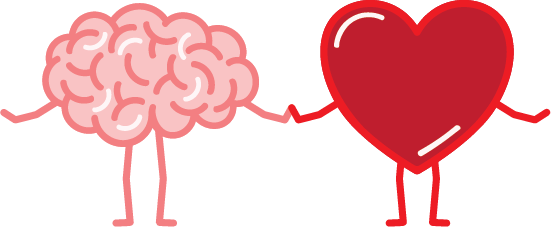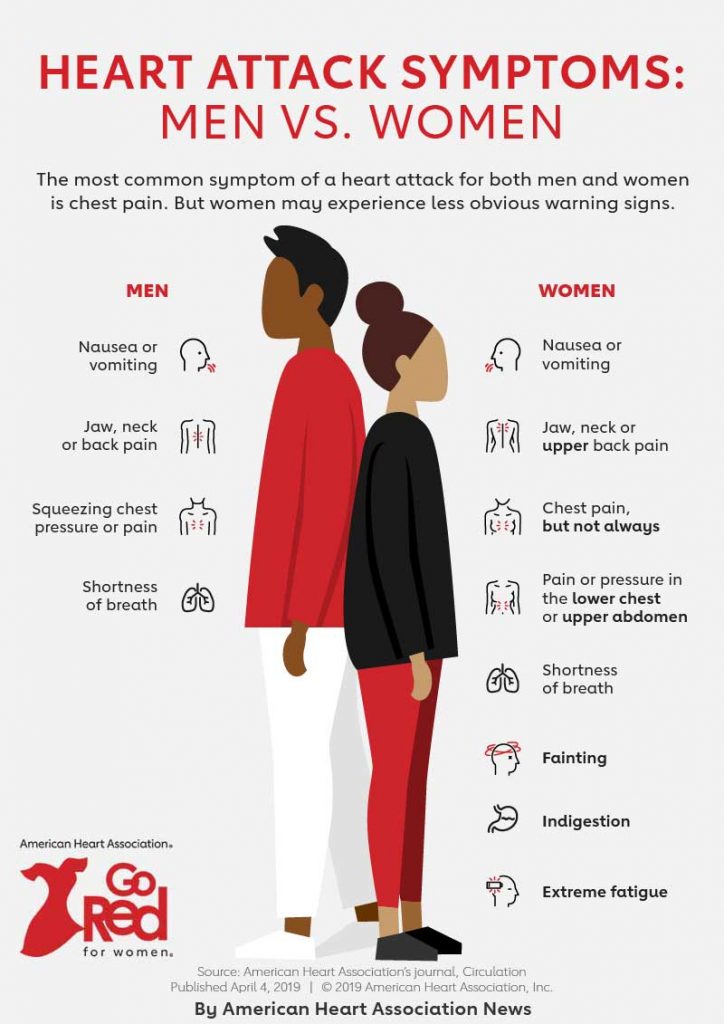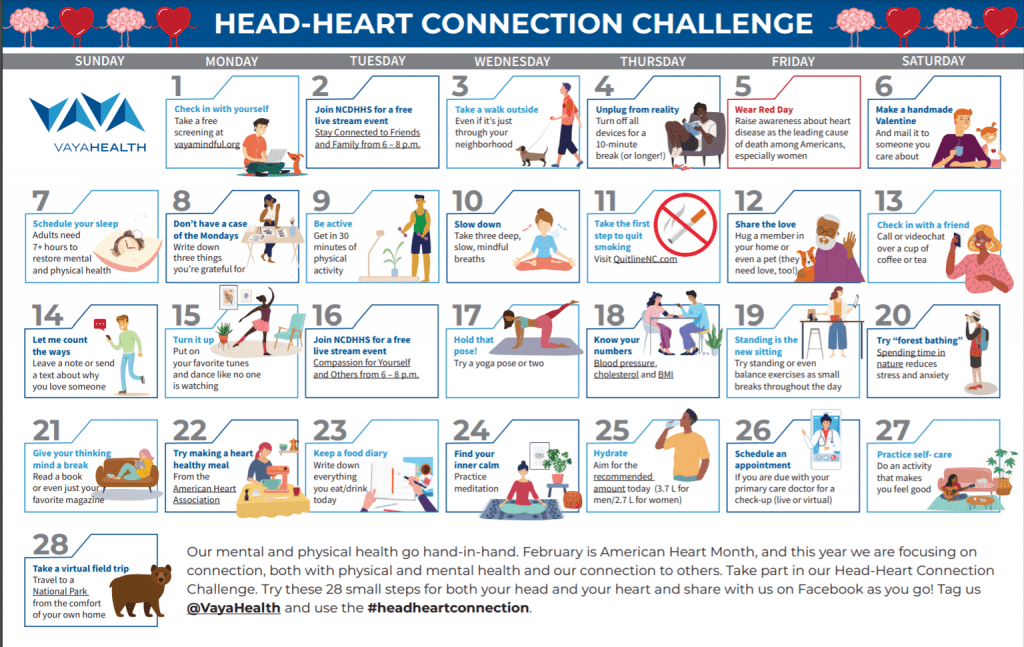American Heart Month is a time to not only bring awareness to the serious effects and deaths from heart disease but also to the connection between our heads and hearts.

“Heart disease can lead to depression, and depression can lead to heart disease,” said Dr. Lorena Wade, medical director of integrated care at Vaya Health. “They are connected in both directions.”
This cycle can be alarming, especially when looking at the numbers. According to the American Heart Association, heart disease is the leading cause of death in the United States, claiming more lives each year than all forms of cancer and chronic lower respiratory disease combined. With depression being a cause of heart disease and vice versa, the head-heart connection is something that should be taken seriously. Up to 15% of patients with cardiovascular disease and up to 20% of patients that have undergone a bypass surgery have major depression as compared to about 7% of the general population.[1]
“When people have cardiac surgery and are depressed, they have worse pain post-surgery, worse fatigue and more social isolation,” said Dr. Wade. “We know that if we do not treat the depression after surgery, more patients do not fully recover and more of them die.”
Social Isolation Hurts Your Heart
Social isolation is an even bigger concern during the COVID-19 pandemic. Not only do the winter months bring about worsening depression and Seasonal Affect Disorder on its own, but it makes gathering with others in a safe way more difficult due to weather prohibiting being outside. Dr. Wade said social isolation can lead to depression, poor sleep, impaired executive function (not being able to follow a multi-step process as well), poor cardiovascular function and can decrease your immune system.
“Social isolation plays a big role in our head-heart connection,” said Dr. Wade. “As we get more socially isolated, we increase our risk for all the other side effects.”
Heart disease is a main focus of disease management and quality of life in the U.S. due to the number of deaths and morbidity it causes where people cannot live their life to the extent that they would like. The current pandemic has increased the risk of heart disease as people turn to vices, such as food and smoking, more than they did before the pandemic. People with heart disease have a higher rate of obesity and diabetes, and food and smoking can cause both health conditions.
“We know the types of food we eat can affect your mental health,” said Dr. Wade. “If you’re a person that’s craving sugar, that’s going to be negative to your mental health and your heart, and both obesity and smoking increase your risk of severe illness from COVID-19.”

With everything connected, it’s important to be aware of the signs of heart disease and heart attack and what you can do to help prevent it. Although women are just as likely as men to have a heart attack, 26% of women will die within a year of one compared to 19% of men, according to the American Heart Association. While chest pain is often a common symptom, women are more likely to experience other symptoms such as jaw pain, nausea and shortness of breath.
Combat the Cycle
The American Heart Association states that 80% of heart attacks and strokes can be prevented with education and action. So how can you combat the cycle of depression and heart disease and improve your head-heart connection?
Physical Activity – Physical activity boosts your physical and mental health. Create an exercise space in your home and get outside when possible for some added Vitamin D.
Nutrition – What you eat can help control your weight, blood pressure and cholesterol.
Quit Smoking – Quitlinenc.com offers free cessation services to any North Carolina resident.
Stay Connected –Pick a cozy spot in your home with comfortable surroundings to video chat with a friend or mail a card. Post any that you receive where you see it every day to feel connected.
Take Action
This month we encourage you to not only share education about heart disease but to take action for your own heart health. Join us in a 28-day Head-Heart Challenge! Each day lists a small step for better mental and physical health that we can all do together. Don’t worry if you missed the start – join in at any time. Your head and heart will thank you.

[1] Reference: Jiang W, Davidson JRT. Antidepressant therapy in patients with ischemic heart disease. American Heart Journal, November 2005. 150(5):871-881.



